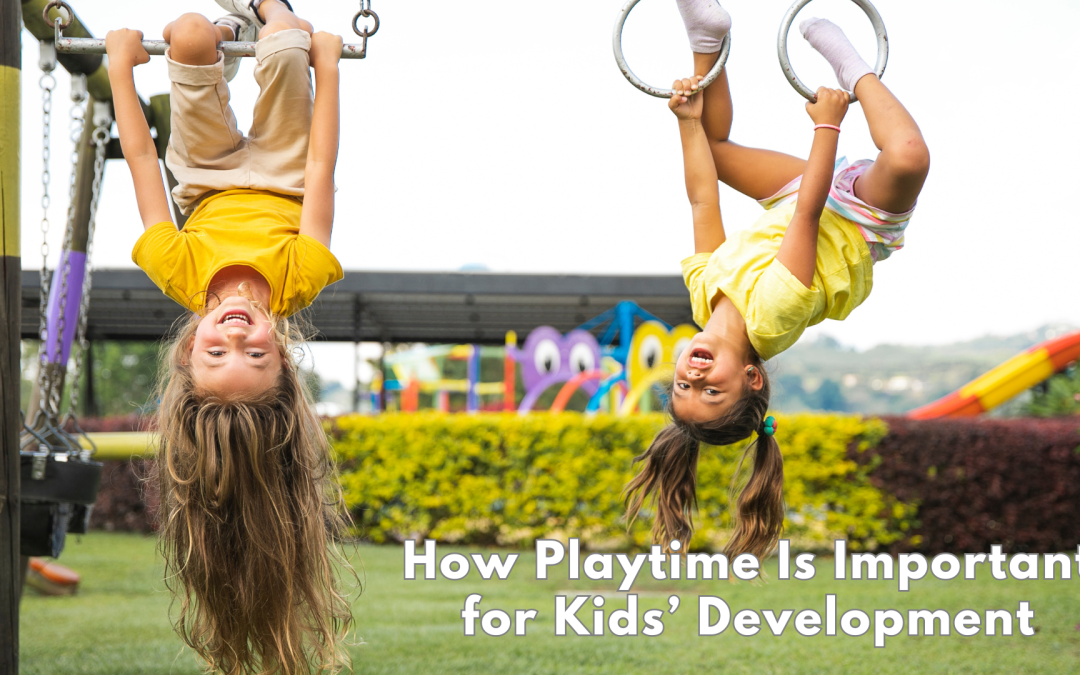We all know the importance of learning for children as they grow up, which is why they attend school
and learn a variety of subjects. But what most of us forget is that even something such as playtime can
become a learning environment too! Everything your child does can become a learning opportunity, and
the more varied play activities you can introduce to them, the better!
Pretend and Creative Play
A child’s imagination is a beautiful thing. The way a child sees the world is truly inspiring, and the more
they can implement their imagination in their day-to-day activities, the better. Pretend play can help
develop their social and creative skills, as it allows for more interaction with their friends in a variety of
scenarios and personalities, if you will. Your child can pretend to be a cat and their friend can pretend to
be a dog, and their interaction can help their brain think about how they would act now, then figure out
what will happen next as a fictional character. Which when you think about it, is a pretty complex task
for a small child! These kinds of activities can develop growth, creativity, spontaneity, and develop good
social skills in playing with other children as different people and things.
Outdoor and Physical Play
Of course, we all know how important physical exercise is for children of any age. Make sure to set aside
time each day to go outside and enjoy the sun with your children. Play a sport to engage more activity in
your child, or play something lower impact if it is too hot outdoors. Even though playing sports or a
game outdoors is a fun, non-educational activity, your child is still learning about teamwork, strategy,
and simply enjoying an activity with friends and family. You can even plan a picnic every month or so to
soak up the sunshine without it being about exercise. Ensuring your child gets outside everyday is a
great way to boost their immunity and strengthen their bones and muscles.
Toys and Role-Playing
Kids love to play with toys, and this should be encouraged all throughout their adolescence. Toys can
help children develop more creativity, and encourage them to create their own toys as well. It improves
their motor skills as well as their hand-eye coordination. Role-playing can be just as important for a
child’s development, as they are thinking about different worlds from ours, as well as thinking outside of
the box. They are going to pretend to be an elephant, so of course they are going to make up what they
think an elephant will think, say, or do, which is all a great way of developing their motor skills, as well as
their comprehension skills and creativity. No matter how you look at it, playtime is a great learning
experience!

